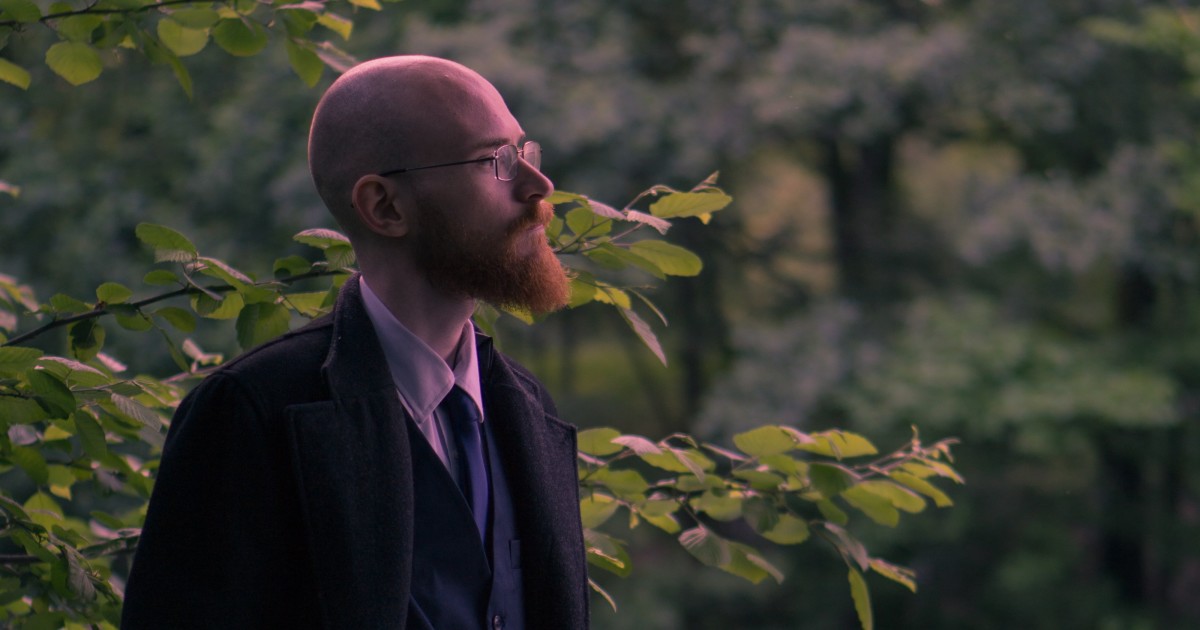
11 Ways to Become a Better Teacher in 2020
A teacher's work is never complete. These 11 ways to [...]
This website may earn a commission if you make a purchase after clicking on a product link in this article
Of the nearly half a million special education teachers in the United States, about 13 percent will leave their jobs this year. Teaching special education is a tough gig, and not for the faint of heart. Don’t let anyone tell you that it is a piece of cake.
Being a special education teacher challenging, which could be why few teachers are even considering going into the field. To make up for the shortfall, many states around the country offer temporary licenses to teach under the condition that the teachers acquire full licenses within a few years or provide alternative pathways to licensure. Presently, approximately 10 percent of all special education teachers do not have the required credentials to teach. The need for special education teachers is vast, and the queue to sign up for the job is short.
With the stress of being a special education teacher, safety concerns, paperwork, and lack of appreciation, no wonder there is a high burnout and turnover rate for special educators. Is there any hope for special education teachers who love their job but don’t know how to fend off burnout?
One of the best antidotes to wanting to hang up your dry erase markers forever is to immerse yourself in a good book. Early in my career as a special education teacher, I was feeling overwhelmed by all the paperwork and expectations that come with my profession.
During the holidays, one of my colleagues gave me an Amazon gift card, and instead of buying even more vinyl records, I bought a book called Getting Things Done: The Art of Stress-Free Productivity by David Allen. It completely changed how I tackled my workflow. I had hundreds of unsorted emails, piles of papers on my desk, and my files and cabinets overflowing with randomness. It took persistence and a commitment to change, but I almost saw immediate results that continue to this day.
My point? You never know how a book can change your life for the better, and give you the energy you need to get through your tough years. Everyone has them.
Here are ten more books that will engage your heart and brain to move past burnout and regain your passion for being a special education teacher.
One of the things that will burn out a special education teacher fast is challenging behavior. The Behavior Code is a reliable resource for diagnosing behavior issues and developing a sustainable plan for intervention. Written by a medical doctor as well as a Board Certified Behavioral Analyst, the ideas that are listed merge science and psychology into thoughtful strategies any teacher can immediately use.
| University and Program Name | Learn More |
|
Merrimack College:
Master of Education in Teacher Education
|
You can’t do it all, and you don’t have to try. That is what Angela Watson, a former classroom teacher turned instructional coach, wants you to know. “The solution is not to manage your time better or work more efficiently. The most important step is getting clarity.” This highly recommended book will help give you the courage to do fewer things and spend more time doing things better.
Chase Mielke uses the sound theory of social-emotional learning and positive psychology to explains how changing your awareness, attitudes, and actions can be life-changing for you and your students. The Burnout Cure explores the concepts of mindfulness, empathy, gratitude, and altruism with lessons that you use with your class (and for yourself). Even if you are struggling with your choice of becoming an educator, this book with help ground you.
John Spencer, the author of Launch and Empower, shares seven practical strategies for avoiding teacher burnout. We don’t need rock star teachers; we need educators who care about building relationships with their students. Spencer also touches on finding the passion that is already inside of you to bring back the excitement to teaching. This is a great read that will surely empower you.
You have undoubtedly heard the saying, “In the event of a sudden drop in pressure, an oxygen mask will drop from above. Secure your own mask first before assisting others.” True to this book’s title, it offers support to new special education teachers. Policy changes, compliance challenges, and bureaucratic challenges are enough to make any teacher’s head spin. Dr. Mullen highlights the importance of self-care and gives some practical advice along the way.
Special education teachers often are not trained in how to write Individualized Education Programs. And if they are, it may only be a crash course. All About IEPs features in-depth training on what is required to complete this all-important legal document.
Many times, special education teachers may be the only advocate their students have. As an educator, learning the perspective of families is an essential skill to being a reflective and authentic special education teacher. This book breaks down how to get past the emotions when navigating the special education system and learn how to determine what services a student needs.
Compliance (the legal kind) is something that every educator should know about. This is something that doesn’t get much attention in special education teacher training programs. Since your school district often is the one to provide you training in this area, you may want to supplement it with this book.
A mother and a lawyer team up to detail positive, practical, and results-oriented strategies to help parents of children with disabilities get the services their children deserve. This perspective is vital for special education teachers to understand and can help you become a more compassionate case manager. It is highly recommended.
If you are an advocate for inclusion, it isn’t very easy to come up with fresh ideas all the time. Your school may already think what they are doing is “inclusive.” This may even be why you are near the burnout stage. Don’t We Already Do Inclusion is a sensitive treatment of how to shake up the mindset of your school or district. For everyone who wants to see inclusion move forward in our schools, this is a must-own book.
Questions or feedback? Email editor@noodle.com

A teacher's work is never complete. These 11 ways to [...]

We're going to assume you're cool with required reading. [...]

Becoming a full-fledged faculty member can sometimes mean having the [...]
Categorized as: Special Education, Education & Teaching